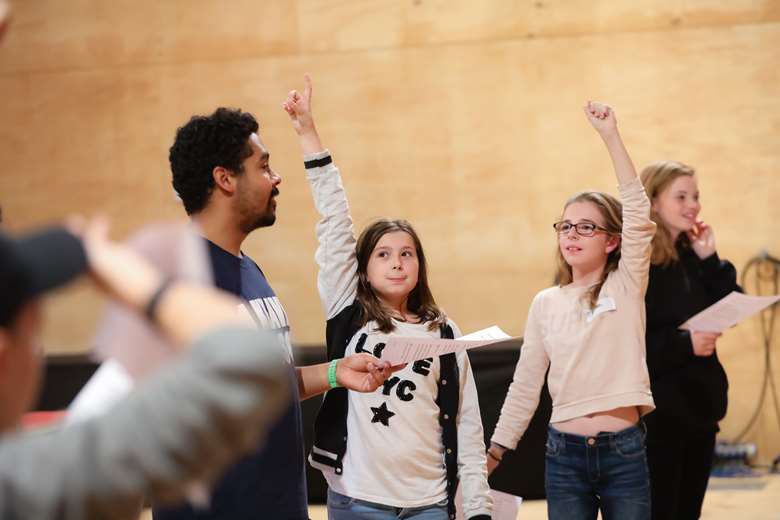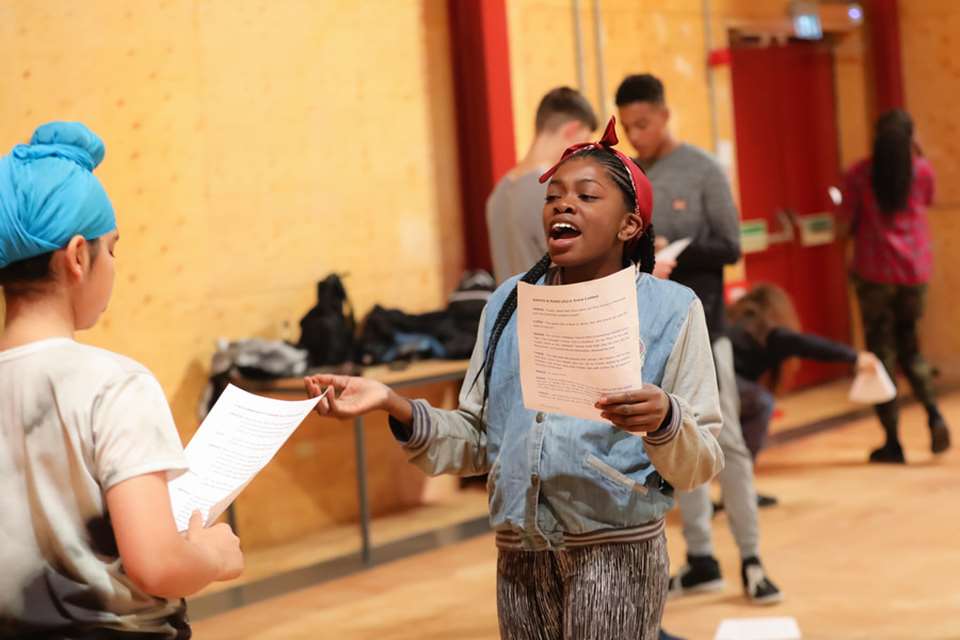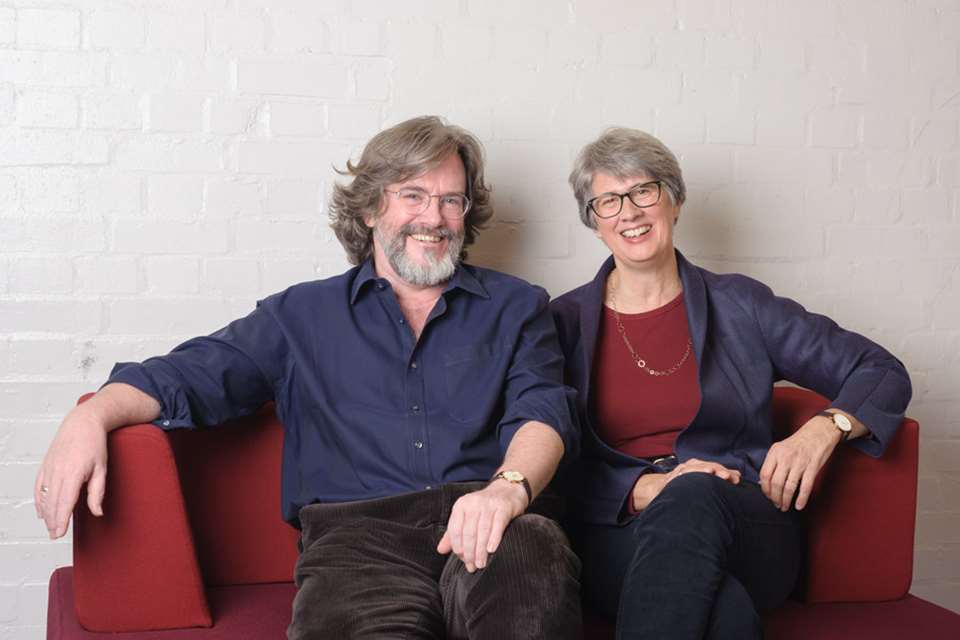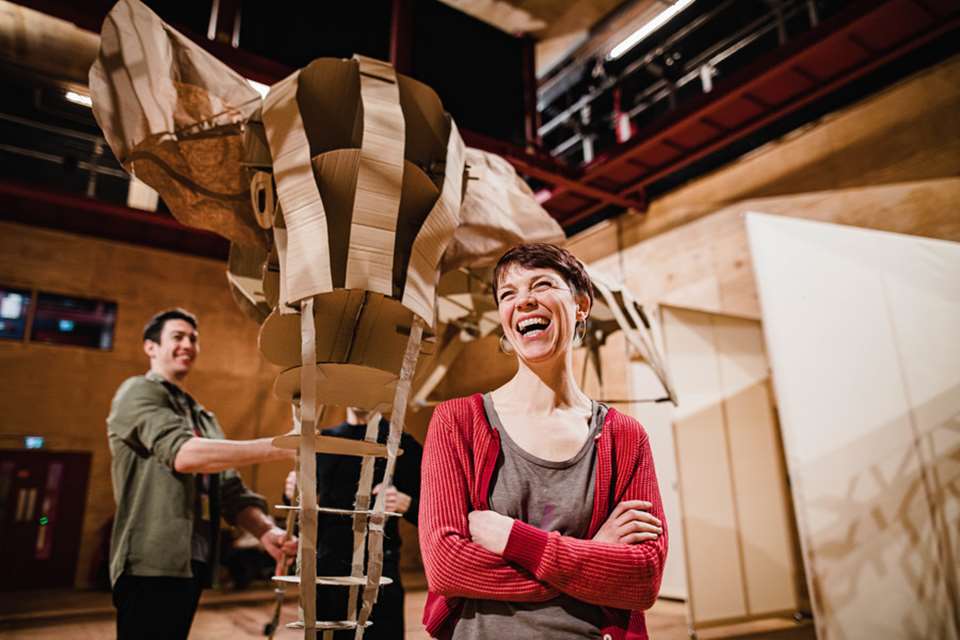RSC broadens its teaching and research capacity with new IRO status
Hattie Fisk
Thursday, October 14, 2021
As the first performing arts organisation to receive the award, the RSC will now be able to conduct crucial research and further their reach.

Sarah Beaumont
The Royal Shakespeare Company (RSC) has achieved Independent Research Organisation (IRO) status, given by the Arts and Humanities Research Council (AHRC) – part of UK Research and Innovation (UKRI).
The title echoes founder Peter Hall’s vision for the RSC to be ‘a teaching and research centre’ for Shakespeare and performance, broadening their offering in teaching, training and learning. With the award, the RSC will conduct research into a variety of areas, including the role of immersive technologies in performance and diversity in the performing arts.
Commenting on the award, Erica Whyman, acting artistic director, said: ‘Peter Hall’s vision for the RSC to be a producing theatre as well as a world-class teaching and research specialist still inspires us today. We’ll be a different kind of IRO as our work is already rooted in research-based practices.
‘From our artistic process and output, our superb archives and Collection which detail performance history, to understanding the significant impact of arts-rich schools on the development of children and young people, a spirit of enquiry runs through every aspect of the organisation’.
‘The new IRO status will enable us to build on [existing research] and ensure the performing arts plays a critical role in setting and leading the research agenda alongside existing IROs’.
The company’s first associate scholars have also been announced – Professor Ayanna Thompson, Professor James Shapiro and Professor Emma Smith – who will guide, advise and inform the RSC’s work. A new research board will soon be appointed, chaired by Thompson, to oversee the delivery of the new research strategy.
Thompson, who is also Regents Professor of English at Arizona State University, said: ‘The RSC is uniquely poised to change the way we encounter Shakespeare in the 21st century. It is exciting to plan and design new research projects that are performance-based, education focused, and technologically informed. The RSC’s new teaching theatre model will advance the way we think about Shakespeare and social justice.’










